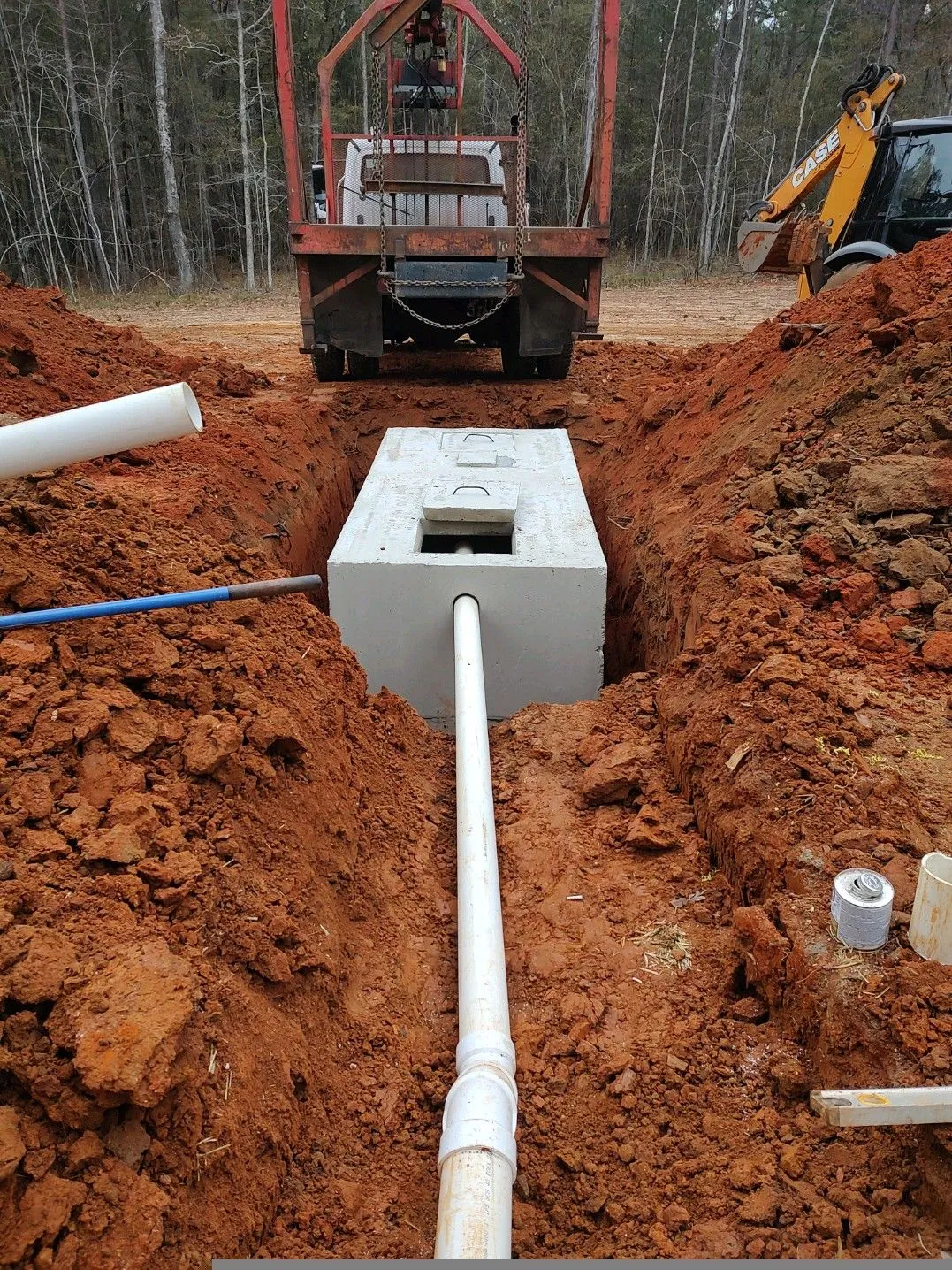
Understanding the Chemistry Behind Septic System Maintenance Sep 24, 2025
At its core, a septic system is a mini wastewater treatment plant, primarily comprising a septic tank and a drain field. The septic tank plays a pivotal role in breaking down organic matter using naturally occurring bacteria. This process is fundamental to reducing solids and preventing system failures.
The chemistry involved begins with the waste entering the septic tank. Bacteria within the tank start to digest organic solids, breaking them down into simpler compounds. This digestion process produces gases that escape through the vent stacks of your home. Leftover solids, known as sludge, settle at the bottom of the tank, while lighter particles like fats and oils form a scum layer on top. The clear liquid in between, or effluent, flows out to the drain field for further treatment.
Maintaining this delicate balance of bacteria and chemistry is vital. Introducing harsh chemicals into your septic system can disrupt this balance, killing the beneficial bacteria necessary for decomposition. Products like bleach and household cleaners are common culprits. Instead, opt for septic-safe alternatives that are less harmful to the bacteria balance.
Routine septic maintenance from professionals like South Georgia Septic ensures that both the bacteria and chemical balance are regularly checked and adjusted if necessary. One common maintenance procedure is septic pumping. Pumping removes the accumulated sludge and scum, preventing overflow and system clogging. South Georgia Septic recommends having your septic tank inspected annually to assess whether it requires pumping.
Moreover, water conservation plays a significant role in septic system health. Excessive water use can overwhelm the tank, causing partially treated waste to flow into the drain field. This not only creates potential environmental hazards but can also necessitate costly repairs. Simple habits like fixing leaky faucets, using water-efficient fixtures, and spacing out laundry loads can significantly reduce water strain on your septic system.
Another key factor is the prevention of non-biodegradable items from entering the septic system. Items like diapers, wipes, and feminine hygiene products neither decompose nor provide any benefit to the bacterial process. These objects can cause blockages and lead to system failure. Educating household members on appropriate waste disposal can mitigate these risks.
For homeowners looking to boost their septic system's performance, adding bacterial additives can be a worthwhile investment. These additives supplement the natural bacteria, promoting effective digestion of organic matter. However, consulting with professionals like those at South Georgia Septic is crucial to ensure that these products will truly benefit your system.
In conclusion, understanding the chemistry behind your septic system is an integral part of homeownership. By maintaining a balance of bacteria, managing chemical use, conserving water, and preventing inappropriate items from entering the system, homeowners can ensure long-lasting septic health. Partnering with experts like South Georgia Septic for regular maintenance and guidance will provide peace of mind and protect your investment for years to come.
/filters:no_upscale()/media/9ea110d9-8e86-4c63-8848-b19e6ea2c83a.jpg)